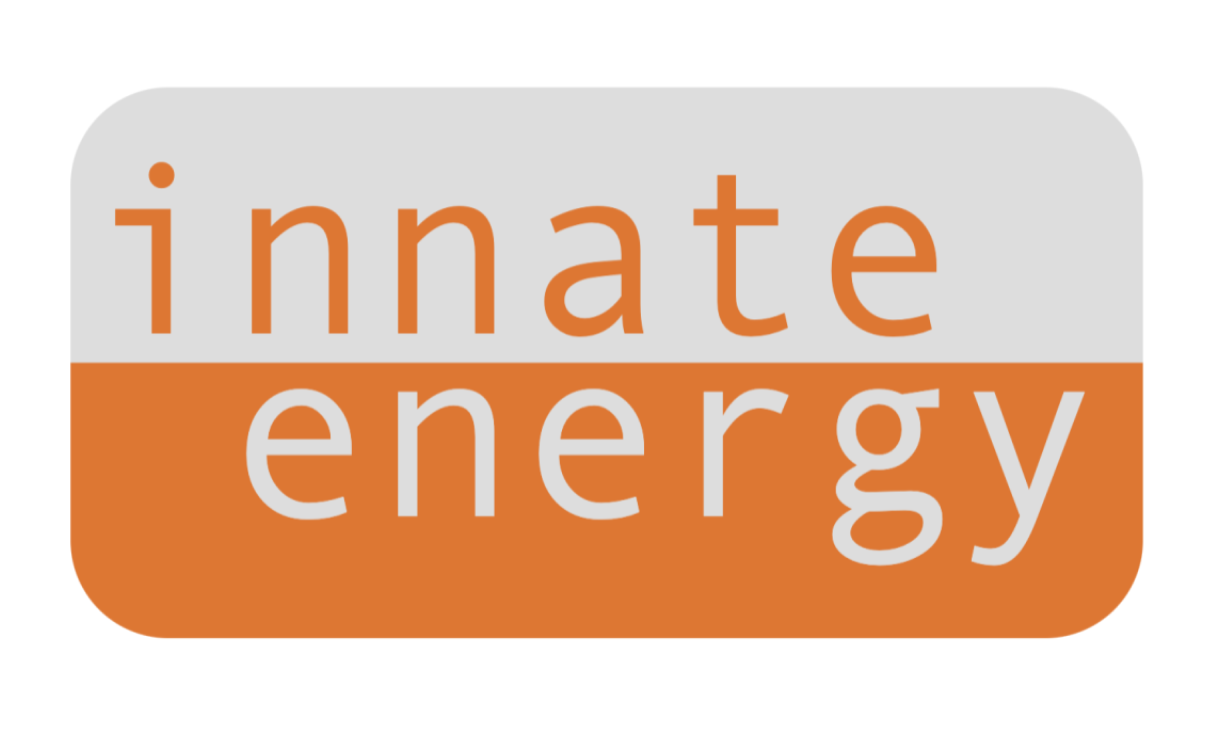We Spark the transformation of bold ideas into world-changing companies.
We Spark the transformation of Lorem Ipsum Etc.

Innate Energy is building batteries using not just low-cost materials, but a low-cost system. Gravity will replace the most expensive components used in other batteries, presenting a design of unprecedented simplicity and a truly scalable solution for grid-wide energy storage.
Fellow
Rob Mohr
Rob Mohr has been thinking about batteries since 2014. He is currently finishing his Ph.D. in chemical engineering at Columbia University, and he previously worked for two startups focused on affordable energy storage. Leveraging these experiences, he is designing a new kind of battery to address the challenges of transitioning the power grid to fully renewable sources.

Technology
Critical Need
In order to fully transition power grids to renewable sources, cheap and abundant energy storage is needed to manage the intermittency of wind and solar. Lithium-ion batteries represent the most mature technology but are too expensive to provide much of this storage. Alternative battery designs use lower cost materials, but their system and operational costs have proven to be much too high in practice. Solutions that are simple, low-cost, and reliable are needed to meet the demands of the emerging grid energy storage market.
Technology Vision
A thoroughly studied alternative to lithium-ion batteries is the flow battery, which stores energy in liquid form and uses pumps to move it around the system. These liquid electrolytes are much cheaper and longer lasting than their lithium counterparts. However, in practice, the pumps and extra engineering they require make them expensive and unreliable.
Innate harnesses gravity and density stratification to build a zinc-bromine battery that flows by itself. Without requiring pumps or membranes, it maintains the low cost and long life of these liquid chemistries to enable cheap, scalable grid storage.
Potential for Impact
Carbon-free power sources like solar and wind are already price-competitive with fossil fuels, but their complete adoption depends on a solution for economical energy storage. A new reliable, low-cost battery will accelerate the shift to renewable energy and independence from fossil fuels.
Innate’s storage solution will also provide much-needed flexibility and resiliency to the grid as the manufacturing and transportation sectors continue to electrify. Innate's design for manufacturability and its use of earth-abundant materials make it well positioned to have a large impact in a short amount of time.
